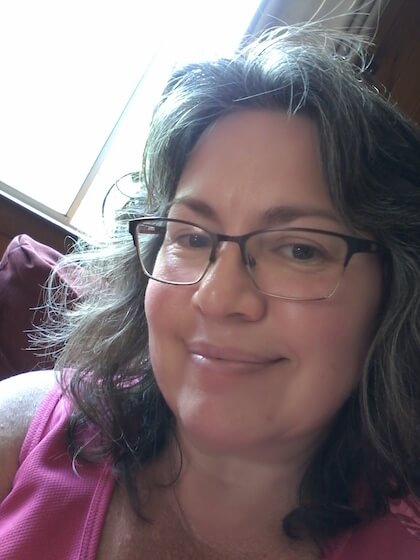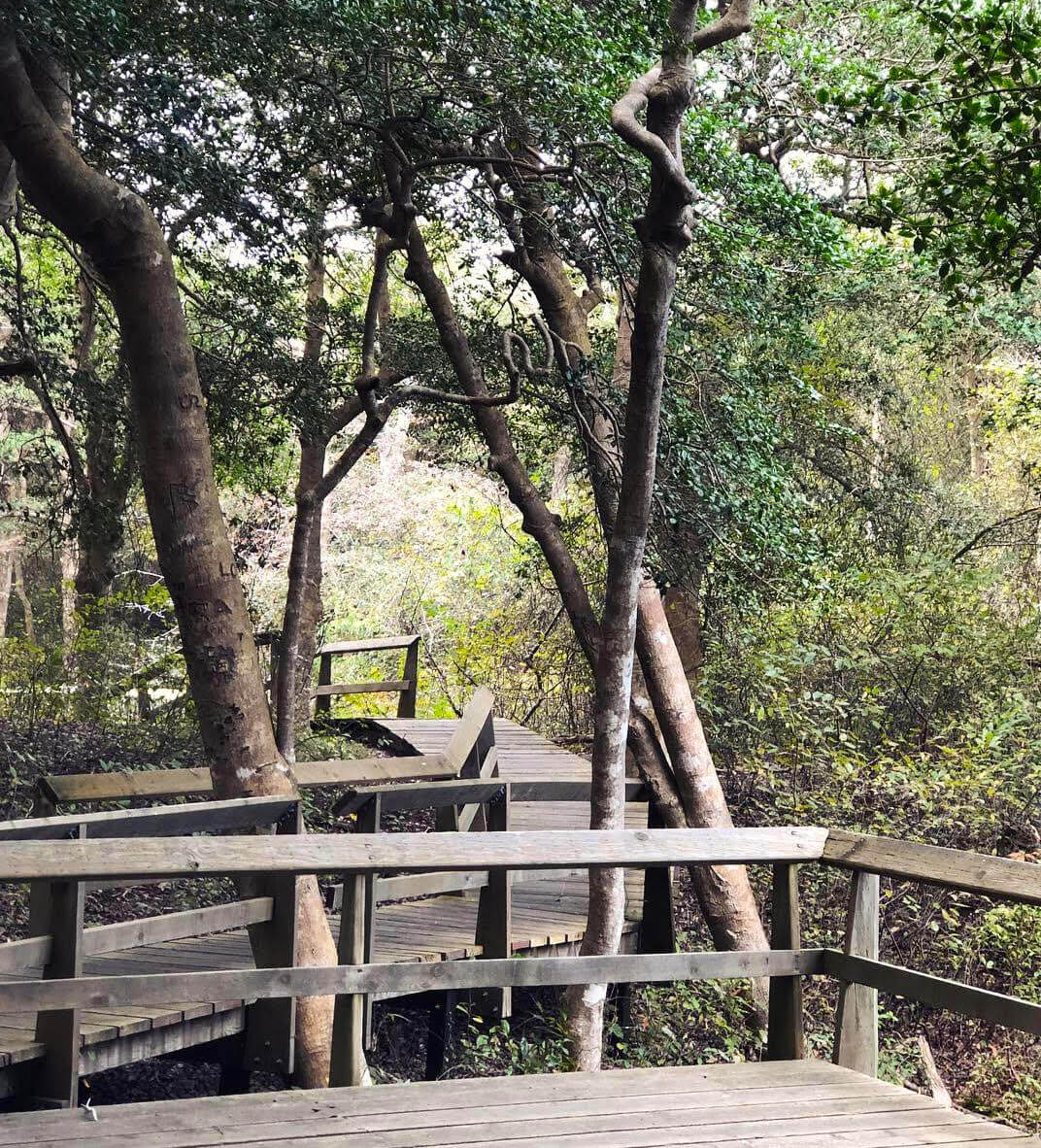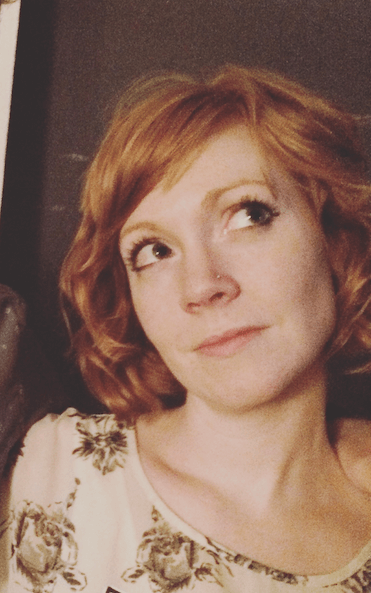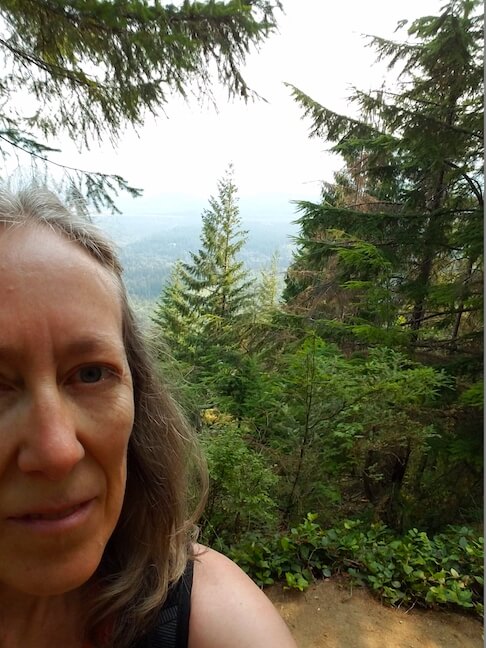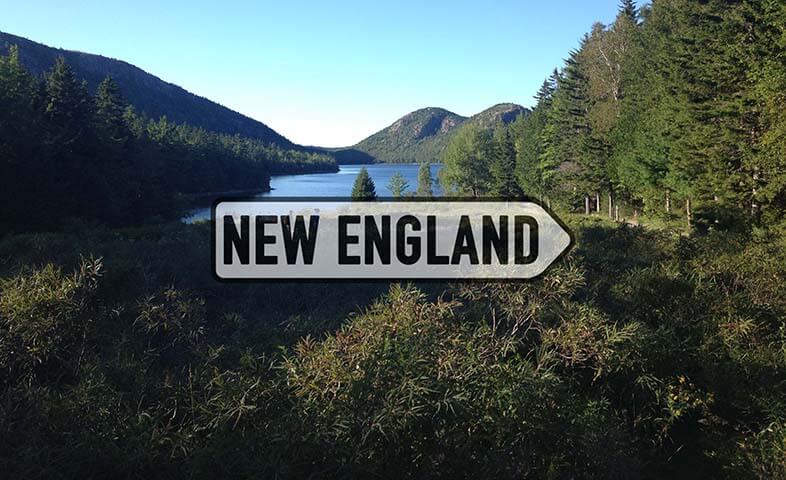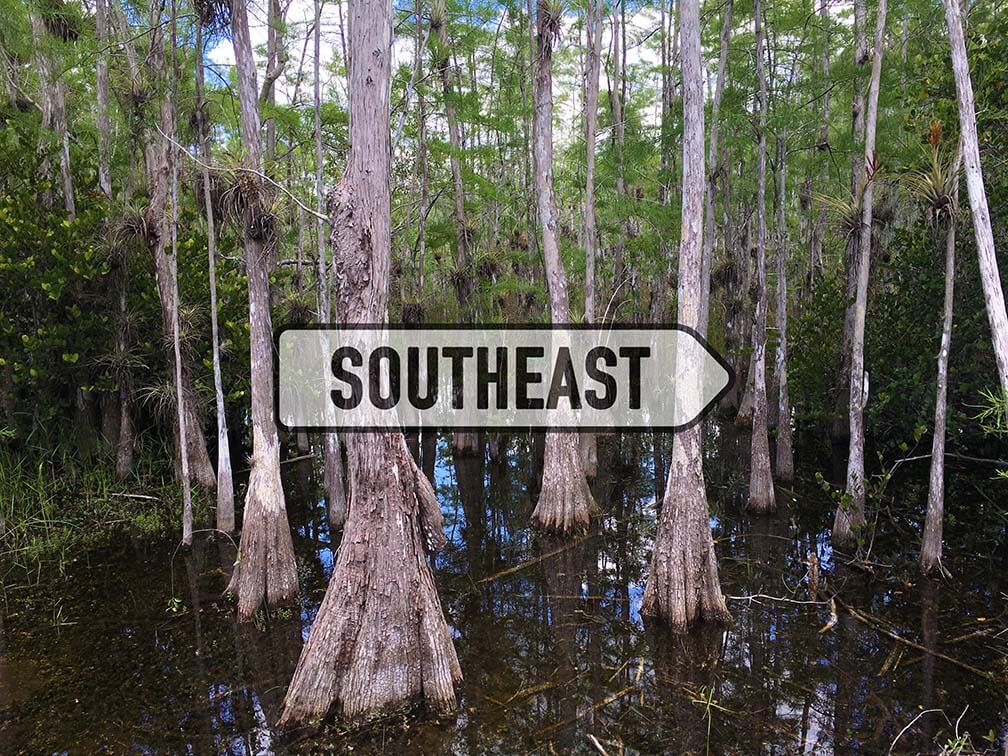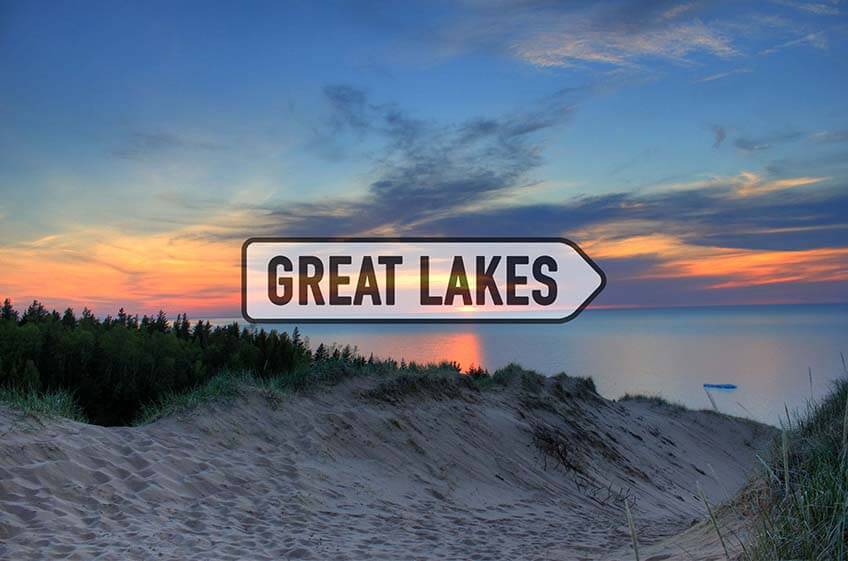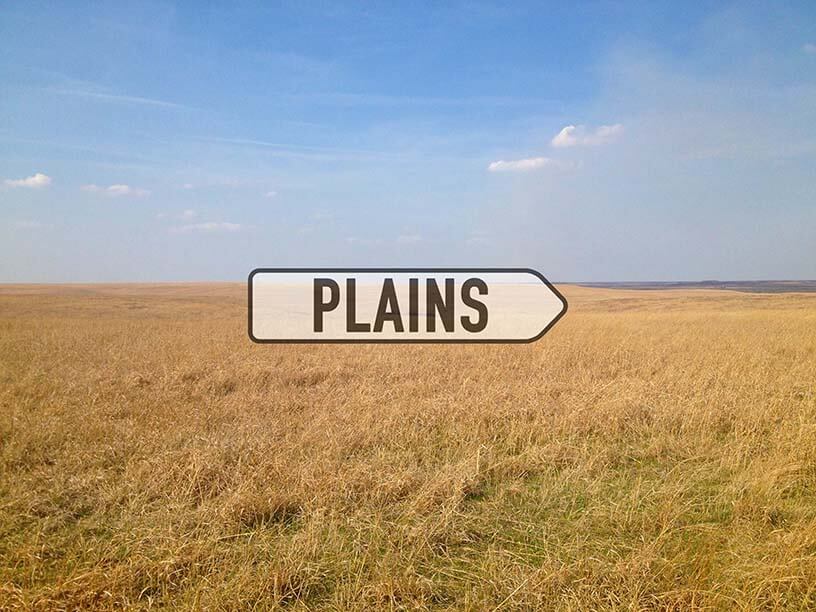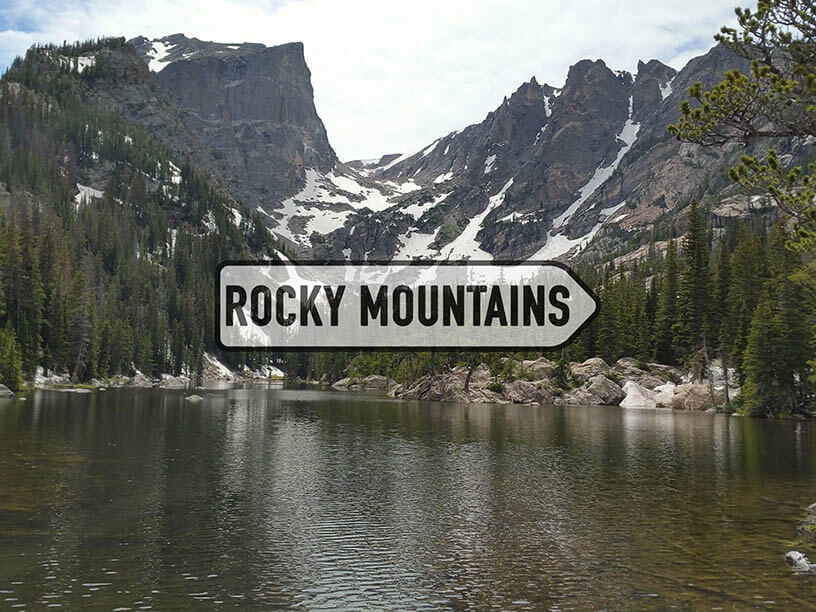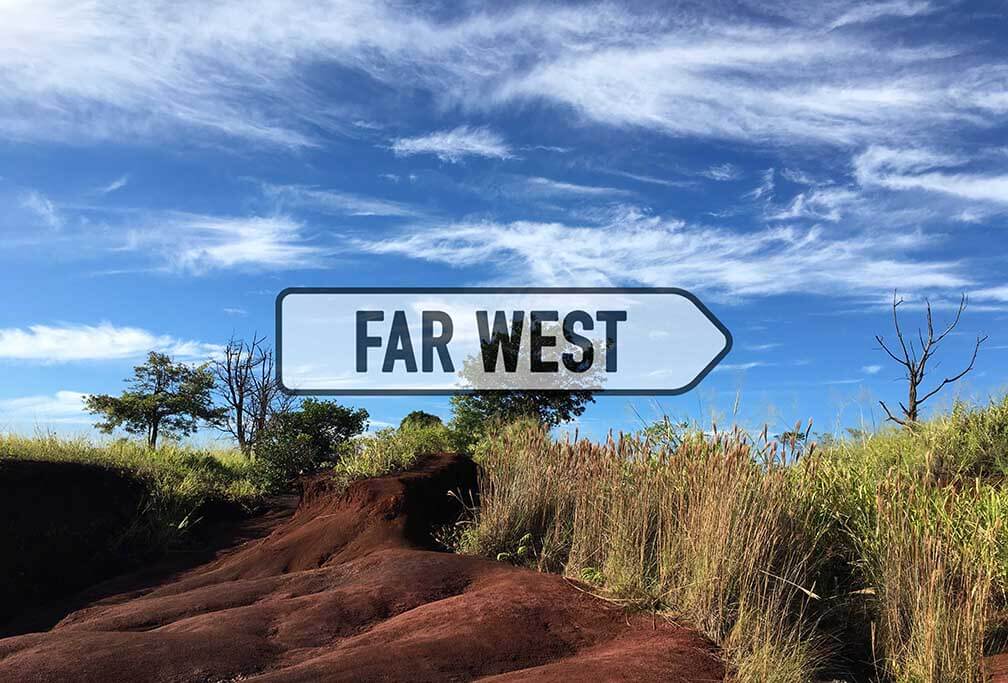Rocks rest
like tilted pillows, behemoth beds.
Birds rest, no breeze ruffling their feathers
or the pleats of skirted palms.
I rest, too, prop an injured foot,
trying to put disappointment aside,
needing a good swig of cactus juice
to let the day be what it will
beyond my hunger to devour the place,
trek off and scramble every nook, crack
and slab. Instead, I gobble up the view:
mouthfeel of almond olive honeycomb,
toasted flax, gingersnap—
for once, not trying to control how
the desert would go on without me,
why I’m splayed like a lizard
beneath the lemonade sun.
Pamela Ahlen is program coordinator for Bookstock Literary Festival held each summer in Woodstock, Vermont. She organizes literary events for Osher (Lifelong Education at Dartmouth) and compiled and edited Osher’s Anthology of Poets and Writers: Celebrating Twenty-Five Years at Dartmouth. Pam received an MFA from Vermont College of Fine Arts and is the author of the chapbook Gather Every Little Thing (Finishing Line Press).
Main image courtesy the poet.






